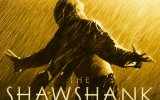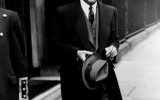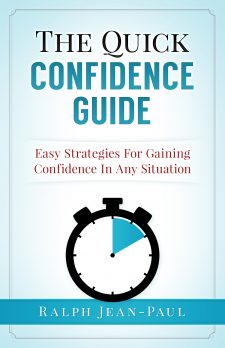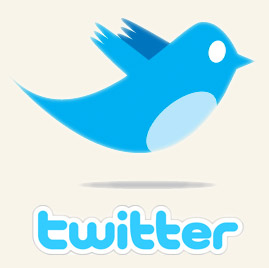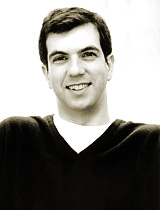 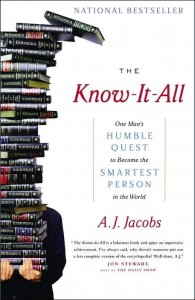
He has appeared on Oprah, The Today Show, Good Morning America, Late Night with Conan O’Brien and now, Potential 2 Success. I was first exposed to the writing style of AJ Jacobs while reading The 4 Hour Work Week by Tim Ferris. AJ wrote about an experiment he called “Outsourcing Life”. In the experiment, Jacobs outsourced his entire life to a group of virtual assistants in India. The well written, witty piece influenced me to hire my own virtual assistant. Along with being Editor-at–Large at Esquire Magazine, Jacobs is known for taking on unusual life experiments. So when I saw the book The Know-It-All: One Man’s Humble Quest to Become the Smartest Person in the World in the bookstore, I knew that it was going to be entertaining. |
| In the Know-It-All, Jacobs attempts to regain his lost intellect by reading the entire Encyclopedia Britannica from A to Z. “That’s Insane”, I said quietly as I read the back cover, “How can someone read the entire Encyclopedia?”Well, AJ Jacobs did, and in this book he talks about his experience. The Know-It-All is a great book that follows one man’s quest to do the impossible and become the smartest man in the world. Probably one of the funniest non-fiction writers around, Jacobs’s book is one of the best I’ve read this year.His quest is made even more interesting when he joins MENSA, competes on Who Wants To Be A Millionaire, and meets his intellectual nemesis and host of Jeopardy Alex Trebek. Along the way AJ tries to work his new found knowledge into everyday conversations and shares some of the more unusual facts with the reader. It is a fantastic read! I wanted to know more about the man who behind the experiment. |
I was privileged to get a chance to ask AJ himself a few questions about his amazing quest.
RJ: Your book The Know-It-All is about your quest to become the smartest person in the world by reading the entire abridged set of the Encyclopedia Britannica. That seems like an amazing feat to want to accomplish. Why did you decide to do it?
AJ: There were a couple of reasons. First, I felt that, after graduating college, I began to forget all the important information. I felt my IQ was doing a slow but sure swan dive. So I wanted to do something drastic to get my knowledge back. Secondly, I was inspired by my dad. When I was a kid, my dad started to read the encyclopedia. But he only made it up to the middle of the B’s. Around ‘Boomerang,’ I think. So I wanted to finish what he began and remove that black mark from our family history.
RJ: With a project that big and challenging, there must have been times when you said to yourself “maybe this wasn’t such a good idea”. How did you stay committed to finishing during those times?
AJ: Absolutely. That happened pretty much every day. I just reminded myself that this was my version of Mount Everest, and it’d be a shame to quit till I reached the summit. It also helps to be obsessive compulsive.
RJ: While you were still going through the Encyclopedia Britannica you encountered many other “smart people” when you joined MENSA, entered into a crossword puzzle tournament, met Alex Trebek, and appeared on Who Wants to Be a Millionaire. How did other intellectuals react to your quest?
AJ: Most seemed to appreciate it, I think. I especially liked geeking out with fellow knowledge junkies. I’d say something about Abe Lincoln, then they’d throw in an even more obscure fact about Honest Abe, then I’d try to top that one. It was like a game.
RJ: Congratulations on your growing family. One of the things I loved about the book was the way you shared intimate details about your family life like when you and your wife Julie were struggling to have your first child. Now you have 3 children. How has a project like this one and some of your other Experimental Living projects affected your family life?
AJ: I think my wife would say it’s a mixed bag. On the one hand, she’s beyond patient, and puts up with a lot, and deserves sainthood. (During my biblical year, for instance, I wasn’t allowed to touch women during their ‘time of month.’ And even more than that, I wasn’t allowed to sit on a seat where a menstruating woman had sat. My wife was offended and sat in every seat in our apartment, and I had to stand for most of the year). On the other hand, I’ve learned some great lessons that have improved both of our lives. I learned to respect the Sabbath – in our workaholic society, the idea of taking a break is hugely important. I’ve learned to gossip less, to be more positive in my outlook. So I think there are things she likes.
RJ: You came across a few really odd facts while reading the Encyclopedia. What was most interesting fact that sticks out in your mind?
AJ: That’s hard to choose. There are so many. Just to pick one: The Bayer Aspirin Company was the first to patent and commercially market heroin. Heroin was originally a cure for coughing. Bayer quickly figured out it had some rather serious downsides and pulled it. But it shows that so-called experts are often mistaken. The Encyclopedia was a huge lesson in humility.
RJ: You recently released a new book called The Guinea Pig Diaries. I’m looking forward to reading it. Would you like to give it a quick plug and fill us in on what it’s about?
AJ: It’s a series of experiments I did on myself to improve my life and see what I could learn. For one chapter, I tried to be the most rational person alive. For another chapter, I tried to follow George Washington’s 110 rules of behavior (there are lots of rules on self-restraint and self-sacrifice – and also not adjusting your private parts in public). For another, I outsourced my entire life to a team of people in India – from answering my emails right on down to reading bedtime stories to my kids. These experiments changed my life – usually for the best.

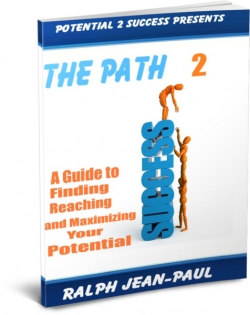 Subscribe for free today and get a FREE copy of my ebook The Path 2 Success. Begin your path today!
Subscribe for free today and get a FREE copy of my ebook The Path 2 Success. Begin your path today!





